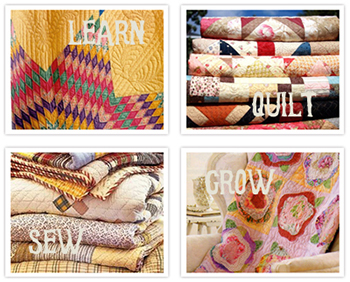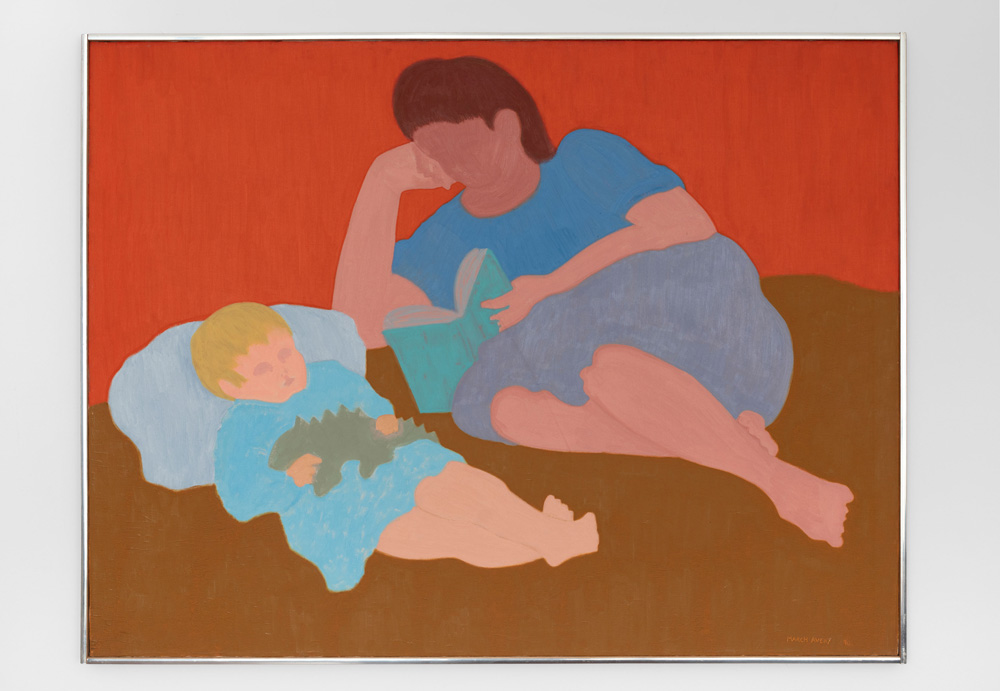
A Mother’s Story
Being a parent is so much more than just “raising a child” to adulthood. It’s a lifetime commitment above and beyond anything we can possibly comprehend.
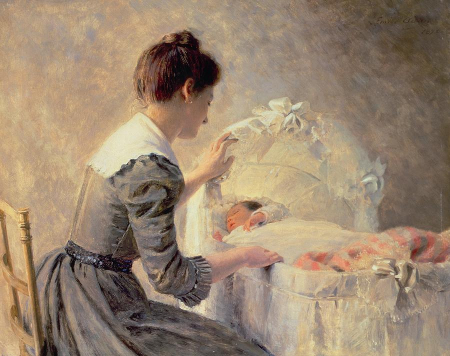
I’ve raised 4 children. 2 daughters, a son, and a grandson. I can look back on this experience and honestly say I failed. I failed to meet my child’s needs at every turn for one reason or another; and, not by choice, so much as just because I’m human. That does not mean I walked away from my responsibility, so much as fear of facing it with love, patience, and confidence, at times, became overwhelming. Overwhelming – especially when coupled with my own emotional feelings and level of stubbornness, while butting heads with my child.
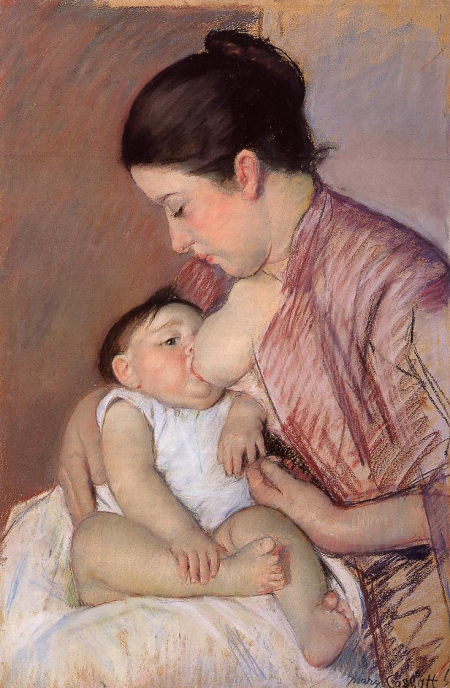
Confusion is a feeling I recall often as a mother. You cannot be an effective mother without a certain level of empathy. I have that. That has never been an issue. If anything, I can be overly empathetic. The confusion comes into play when my child is facing different obstacles to my own experiences, or has no interest in my advice, or turns their back on my own need to communicate with them. Sometimes we just have to pull from other resources, other mothers, the experience and advice of others, to fully engage in the needs of our child. And, this never ends, not when our son or daughter is 5y/o, 10y/o, or 40y/o. They are, and always will be, our “child,” and will sometimes need our love, comfort, and advice – Sometimes, not. A mother needs to roll with it and engage – and sometimes walk away, even when, as a mother, we feel it ripping us apart inside.
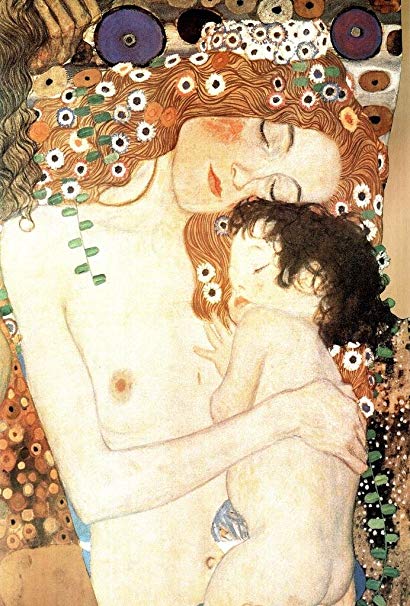
All mother’s fail. Yes, we all do. Fathers too. But as for this story, I pull on the story of being a mother. I’d have to say that Daphne Wilder (Diane Keaton) in the movie “Because I Said So” said it best …
“I just want you to understand something about motherhood, okay? I mean, it’s the most impossible love. You tell me when it ends. You tell me when it stops. All I know is, it’s absolutely fine for me to teach you how to walk and talk, and then you grow up and you head off in the wrong direction toward a cliff … and I’m supposed to just stand there and wave and go, “Well, kids, good luck. It’s Mom. I’m here. ” Well, I can’t do that! What am I supposed to do, huh? Am I supposed to just put my feet up at the end of the day and say to myself, “Well, you know, they’re on their own now, and she says she’s fine. ” Well, you won’t be!”
Honestly, being a mother to an adult child is a million times more difficult than being a mother to a baby, toddler, child, pre-teen, teenager, or college student. Enjoy the years of young motherhood, because, no matter how tired or frustrated you become at your little one, it is “nothing” compared to the years after they reach adulthood. Love is never enough, and it never will be.
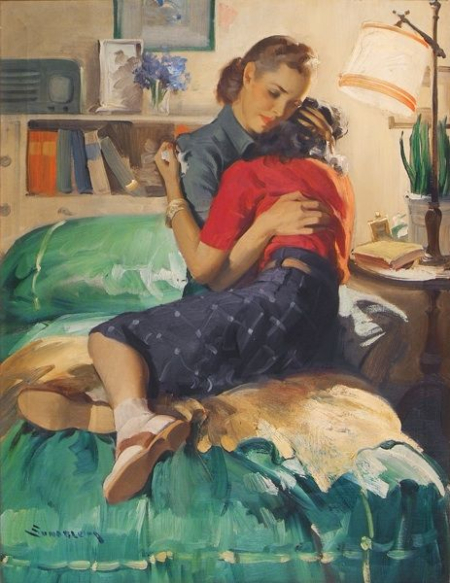
Roll with it. It is at times, impossible. You see, our children come packaged with their very own, individual, God given, emotions, wiring, experiences, stubbornness, laziness, passions, abilities (or lack thereof), ability to love, or not, share, and not lose their identity – or their mind – in the process of growing up.
And while they are learning who they are, you, too, all the while, are learning who you are – as a mother, a parent, a confidant, a truth-teller, a story-teller, a caregiver, a teacher, a listener, and more. As a mother, we learn as we go. Listening without judgment, or a response, or need to teach, may be the most difficult. We want to impress on our child the wisdom of our experiences, and want our child to understand the gravity of their decisions, mistakes, or failures. Sometimes, tough love, can be the most overwhelming and emotional experience of any parent. As a mother, a parent, we see our child’s choices made, that we feel strongly believe will lead to failure or disaster, and we try in vain to lead our child in a different direction, only to discover, in time, through their stubbornness (and our own), that we were wrong, and we end up learning from our child, with a bit of amazement. Or, in most cases, we feel strongly that their decisions or choices will lead to failure and/or disaster … and that is exactly what happens, leading to a son or daughter having to suck it up and admit (to themselves) that they were wrong and should have listened. They may never admit this to you, but you will know when they realize this. Don’t rub it in. Let them deal with their poor decisions and choices by finding their humility, and by learning to respect you without you doing the “I told you so” dance. Love them, especially when they fail. Don’t try to fix “everything.”
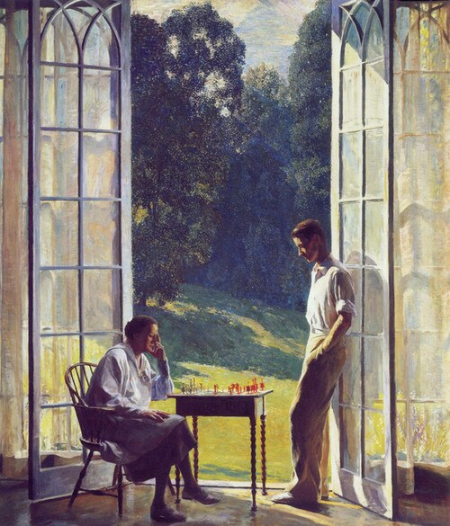
The most difficult experience as a parent is knowing you did everything you could, and that you pulled from every emotion, every resource, every experience, only to fail. And sometimes this leads to heartbreak of epic proportions. Sometimes, in the most heart-wrenching of experiences with our child, we have to let go and let God, walk away, give in to the failure to communicate or love fully, give in to our failings as a parent, and learn from life. Sometimes, all we can pull from is grace, humility, God’s Word, our friends, our faith, and hope. At some point, we will survive this too, and hopefully, so will our child.
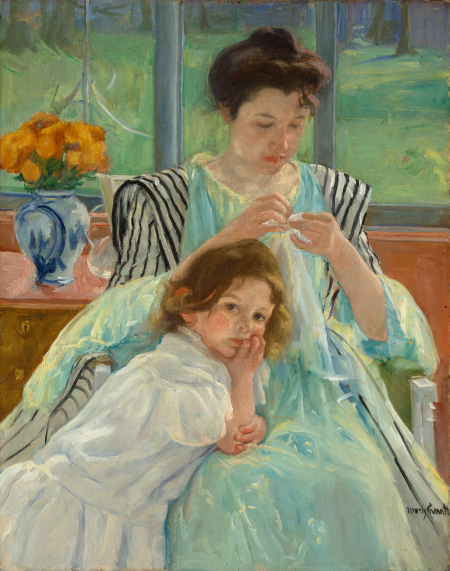
I suppose the most important lesson for any mother, and any parent, is to learn to listen. Really listen. Listen with a humble heart, without judgment, without a lesson to teach. Listen as though nobody will hear you if you say something. Listen, for the sake of listening, the value that it holds for your child, and the love it that will follow your child if you do – listen. Don’t discipline, don’t get angry, don’t react, don’t judge, be strong. Suck it up. Listen, hug, cry, hug some more, hold their hand – but be there in every moment. Your son or daughter will know that you heard them and that you care. This doesn’t mean that discipline, especially as a young child, is not in order. It simply means that we should also communicate with our child, in all stages of their life.
The most important lesson I’ve learned in being a mother, is being engaged and present. Sometimes that is not always possible. We do have our own life too. But be aware of where your children are in their stage of life, and never forget that they have to make their own mistakes, and they have to fail too. Not everything in life can be a “win.” It’s what molds them into the human beings they become.

Remember too, that even though we are their mother, or father, we are also children. We, too, are learning. We learn from life, from our own parents, from our friends, from our friend’s parents, from our poor choices, bad judgment, irresponsible behavior, neglect, rejection, failings, and personal experiences in our life. And yes, we learn from our children as well. We are just as much a collage of an imperfect life as our child. No matter how hard we try, we will fail. Hopefully, not by choice.
At 60y/o, I can honestly say that raising children has been a different level of difficulty and experiences with every child. Each needed something different along their path in life. Some needed time, others, love and comfort. Some needed advice, others needed to vent. Some needed me, some didn’t. Some needed to walk away, some will never let go (thankfully). Some needed to pave their own course, some needed guidance. Some needed to face their failings head on, and all needed to learn from their failings. Some needed to fall to learn what it takes for them to get back on their feet, and some just needed to know that we love them unconditionally, even when they do fall. Cherish your children, in all their complexities and differences, and let them know you will be there for them when they need us.

Ultimately, the best gift we can give our child, always, is love, with the other ingredients mixed in so that we can give them the experience and “presence of mind” that they need to live, grow up, and be fully responsible, when they are finally off on their own.
Just know, that your child will always need you. Sometimes that simply means knowing that you are there for them, even if they are no longer there for you.


